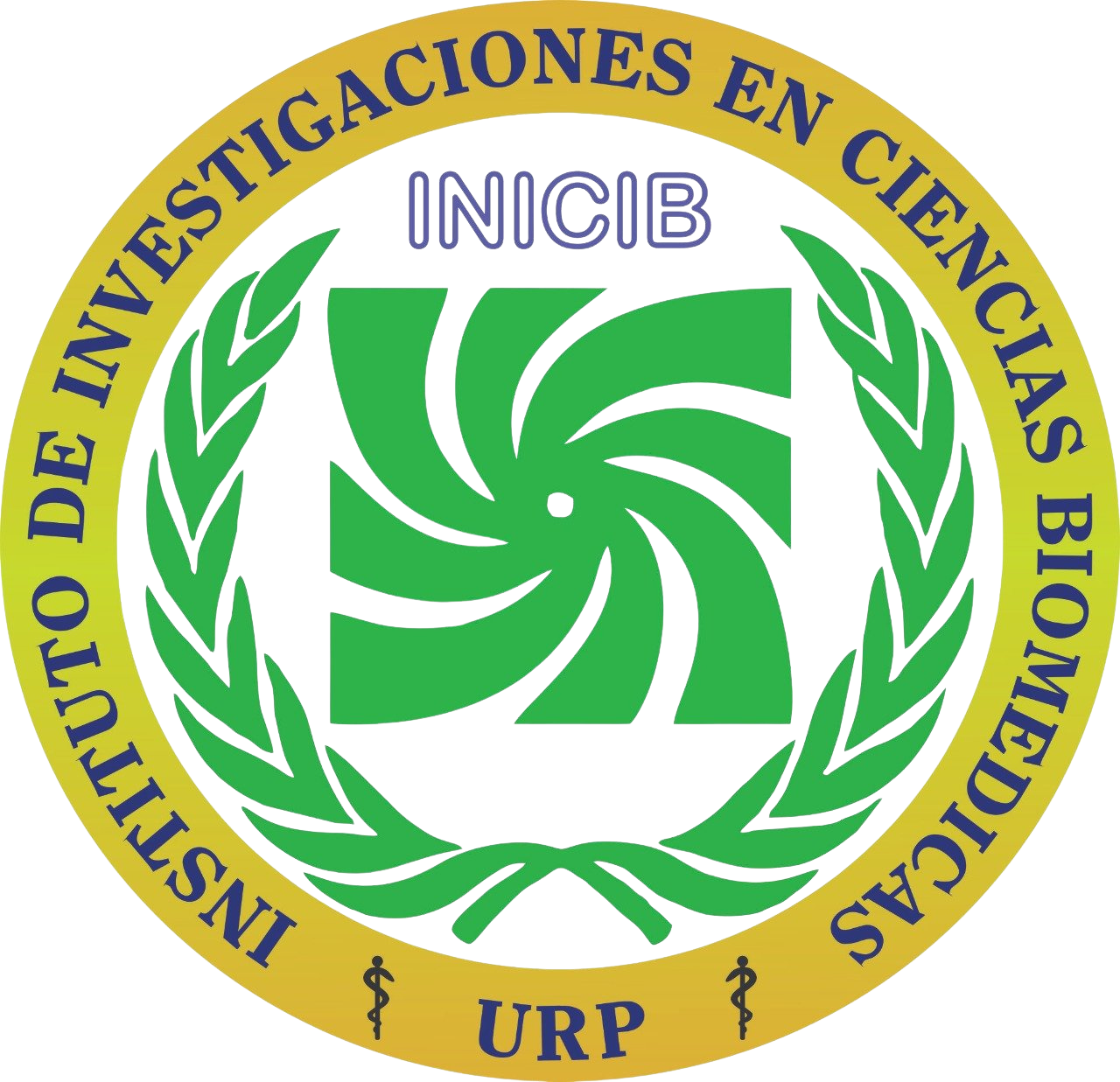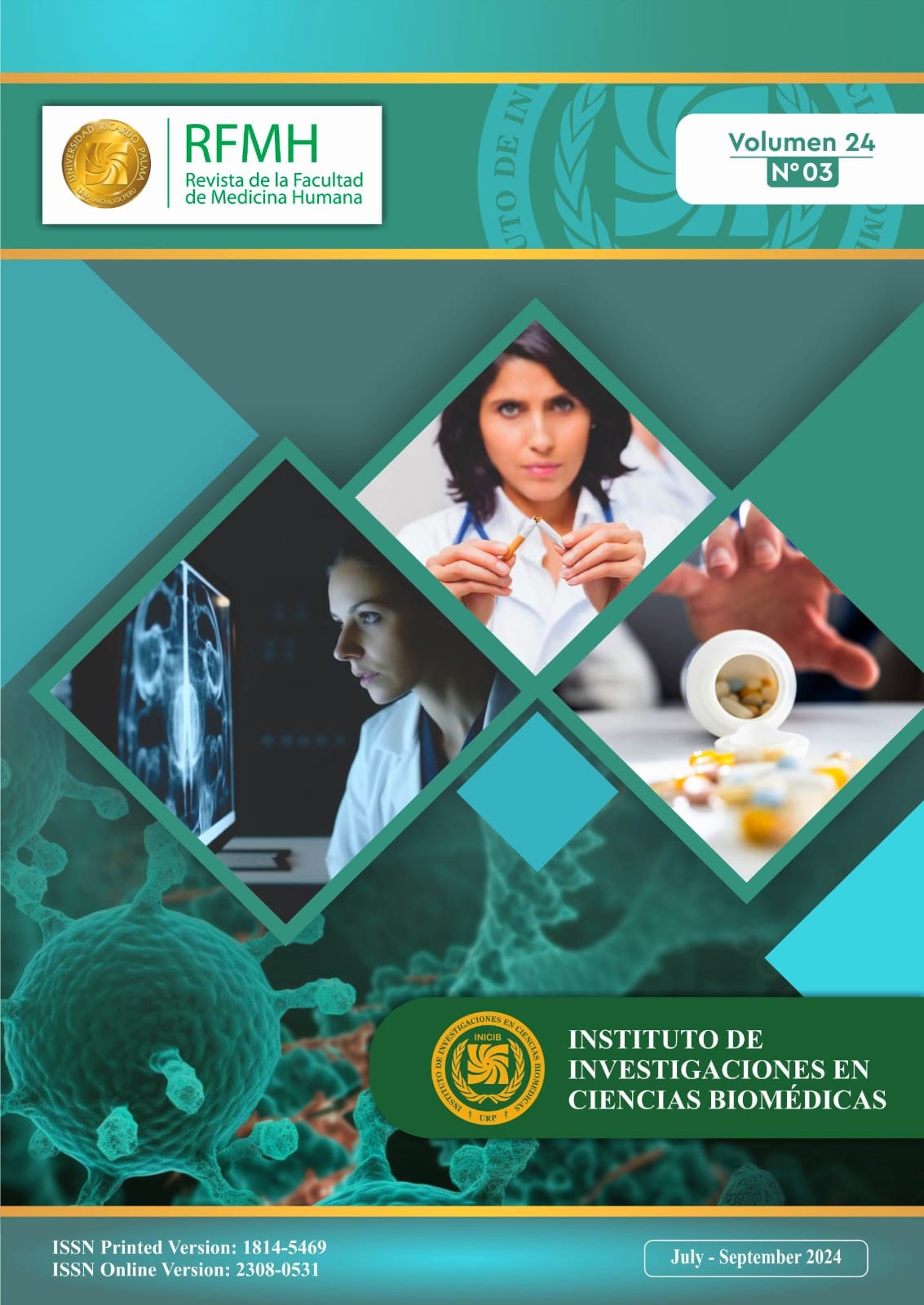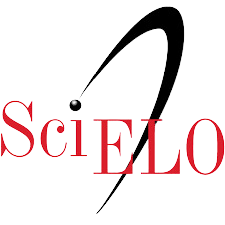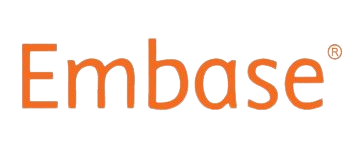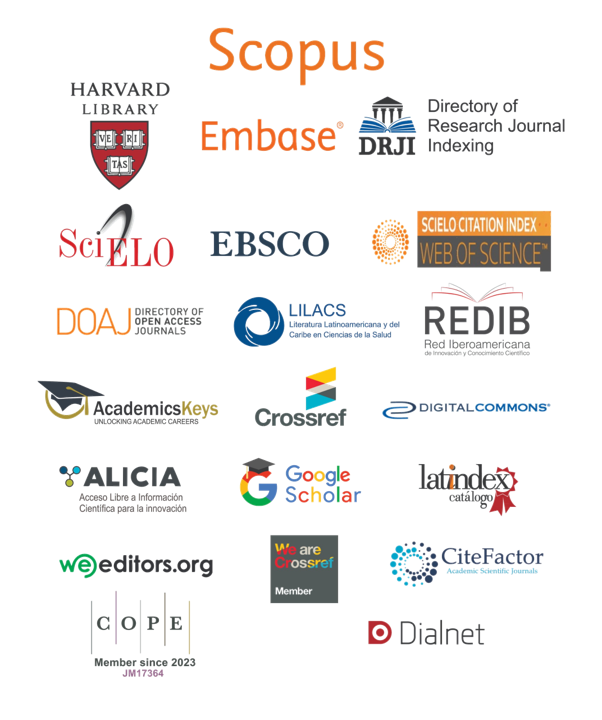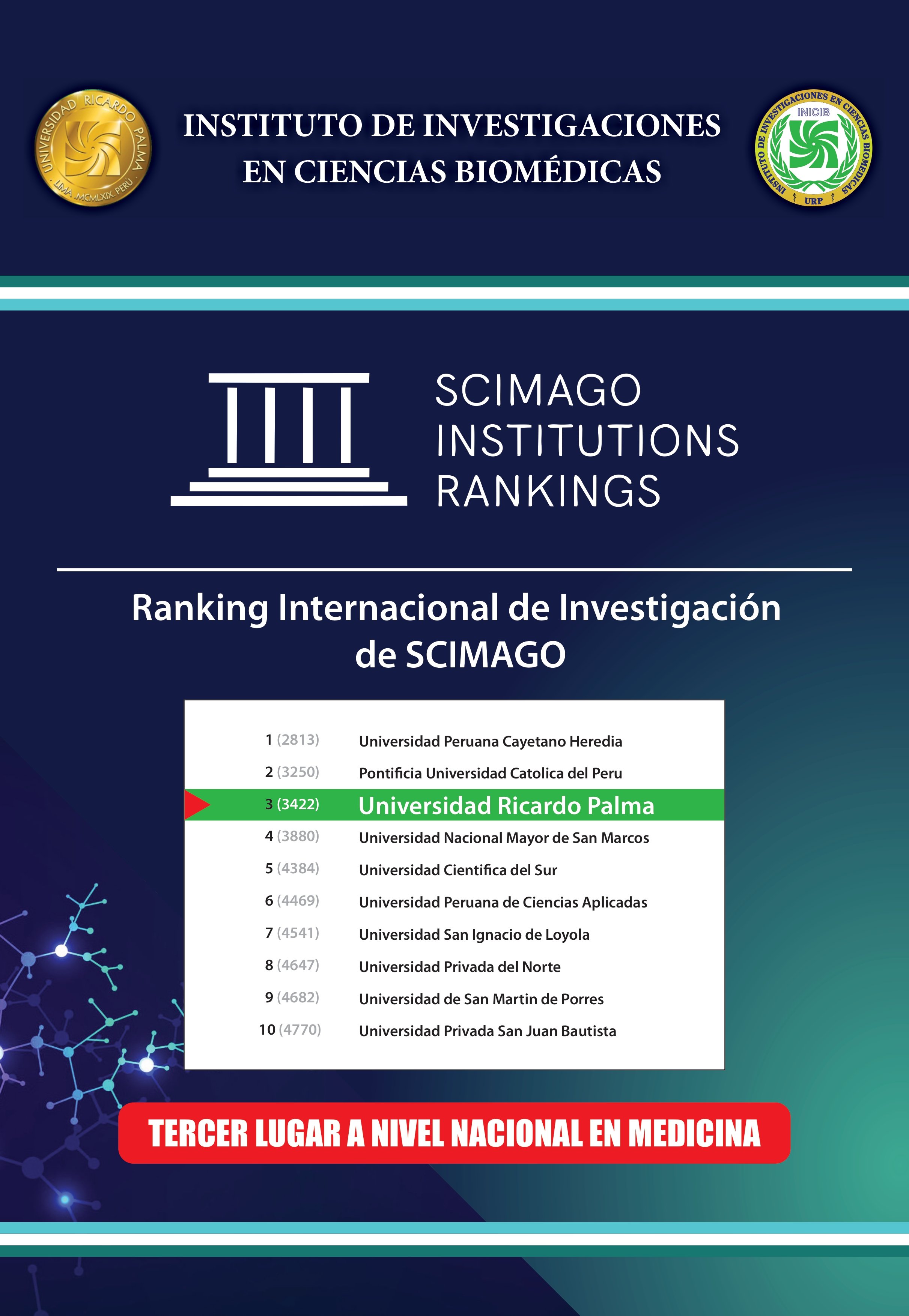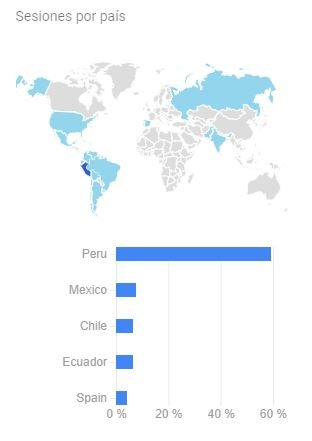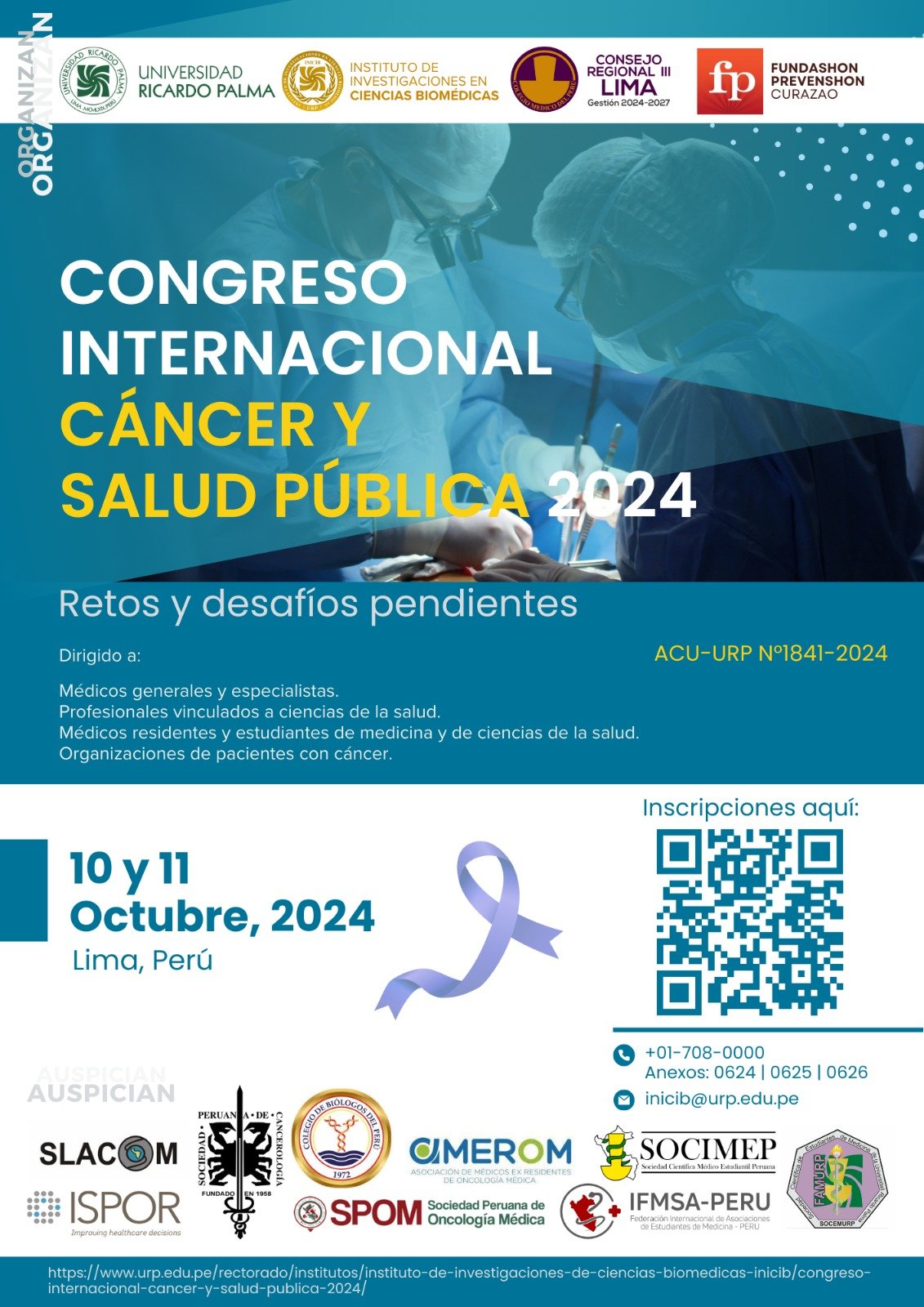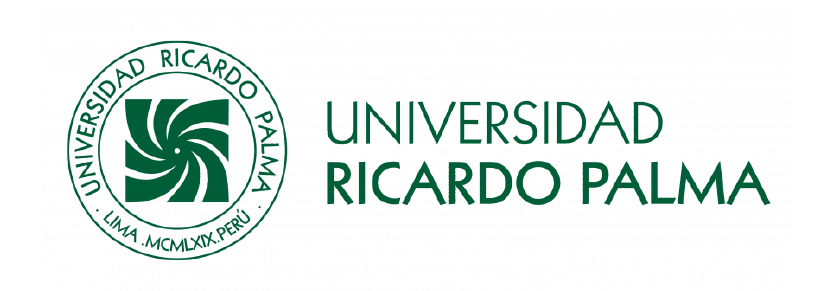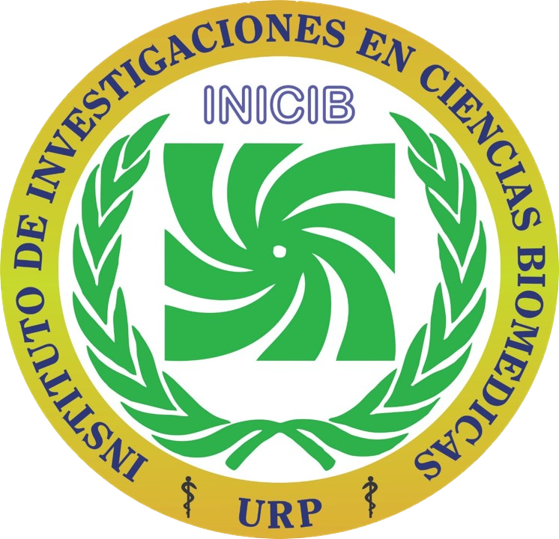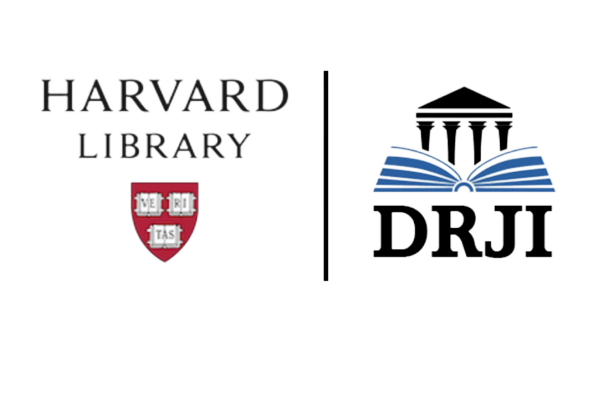Safety and protective effect of Cenchrus echinatus on breast cancer induced in rats
Seguridad y efecto protector de Cenchrus echinatus en el cáncer de mama inducido en ratas
DOI:
https://doi.org/10.25176/RFMH.v22i3.4915Keywords:
Cenchrus echinatus L., Breast cancer, DMBAAbstract
Introduction: Breast cancer is a disease that is increasing its incidence annually, so in search of complementary alternatives for treatment have been studied some medicinal plants containing large amounts of polyphenols, which have anticancer effects as is the case of Cenchrus echinatus L.
Objective: To determine the safety and protective effect of ethanol extract of Cenchrus echinatus L. (burdock) on breast cancer induced by 7,12-dimethylbenz[a]anthracene in rats.
Methods: Preclinical, experimental study in male Balb/C53 mice and Holtzman rats of both sexes. Acute toxicity and toxicity at 45 days were calculated using probit and OECD methods, respectively; to evaluate the protective effect, the Barros 2004 method was used; tumor cell proliferation was also registered microscopically, using descriptive and inferential statistical analysis, considering p<0.05.
Results: Safety studies show that the extract does not induce significant hematologic, biochemical and pathological changes level 80% of the protective effect of the extract against DMBA-induced breast cancer in rats was achieved.
Conclusions: It has been shown that Cenchrus echinatus extract L. has protective effect on breast cancer by 7,12-dimethylbenz[a]anthracene induced in rats; and it is not toxic in mice and rats.
Downloads
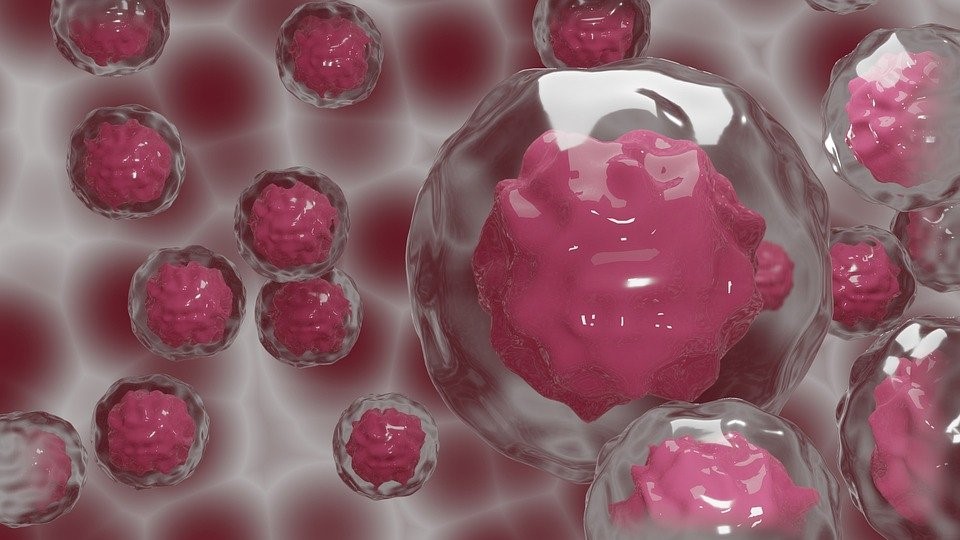
Downloads
Published
How to Cite
Issue
Section
License
Copyright (c) 1970 Revista de la Facultad de Medicina Humana

This work is licensed under a Creative Commons Attribution 4.0 International License.


